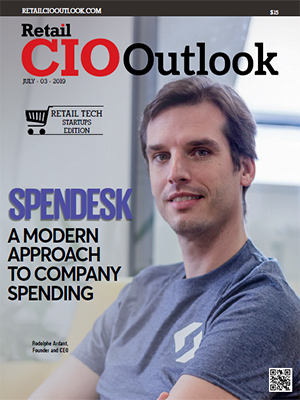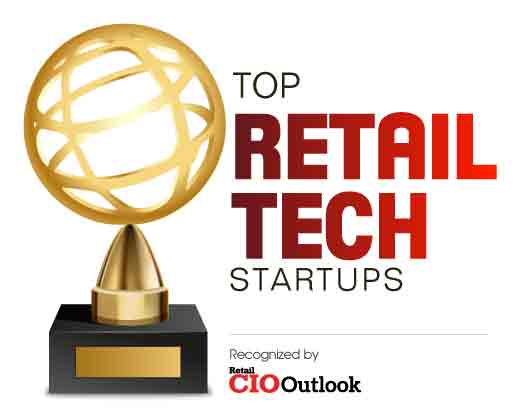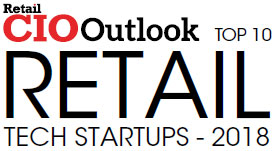The retailers today are racing through some unimaginable territories of consumer demands, making stops at unrecognized needs. The landscape of the retail market is transitory and has been snowballing ahead along with the new technological innovations like AR, VR, and artificial intelligence, to expand their consumer base, and simultaneously position themselves as a unique brand. From bar code scanning, first introduced in the 1970s, to using AR kits for home decor today, the retail sector has come a long way in terms of technological growth, and it’s not ready to pause.
Some retail brands are coming up with virtual showrooms powered by augmented reality, whereas some are deploying smart mirrors that can read RFID tags on clothes and provide fashion-related suggestions. Having said that, the market is gradually shifting toward a cashier-less retail experience where the customers no longer have to face the hassle of waiting in queues to check out from the store. Alongside, the introduction of smart shelf sensors is bringing in fascinating offers for their customers by linking the physical products to the virtual shopping carts. It keeps track of the retail inventory, and through IoT-based system, helps in identifying when the customer checks out of the store with the product, and the transaction is registered with the linked credit card.
The picture doesn’t end here as yet. With e-commerce expanding its reach, AI-driven chatbots are flexing their wings, and the shoppers are quickly getting their concerns addressed while making an online purchase. Companies are also employing bots even to complete purchases; this strategy promises a booming future for the retail space.
While the retail brands are undertaking the number of steps to make their business more technologically-sound, the retail tech solution providers are helping them by integrating software that can help them manage their payments, sales, the customer feedback, and, much more. These solution providers are expected to bring an innovating combination of solutions, which can push the retail market toward something new and exciting. In addition to that, the user experience has become a non-compromising aspect for the sellers. Starting from the interface of the website to the technology access, everything is expected to be a user-friendly and enriching experience for the customer.
The retailers have not only applied these technological tools to upgrade market interaction but also the in-house employ data management and the payment system. In the wake of these trends that are shaping up the retail space, a distinguished panel comprising of CEOs, CIOs, VCs, analysts, and the Retail CIO Outlook’s editorial board has reviewed the top solution providers in the realm of retail tech startups. We believe that vendors can help elevate the status of retail companies through innovations and technology integration to meet the industry needs. In our selection process, we have looked at each of the vendor’s capability that can fulfill the correct implementation of the right technology, its capacity for innovation, and maximize the retailer’s productivity.
We present to you Retail CIO Outlook’s “Top 10 Retail Tech Startups – 2019.”

















